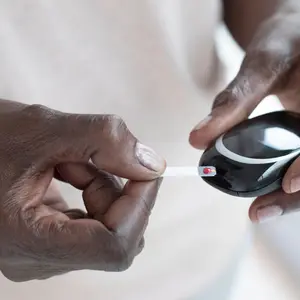

Chronic Conditions and Diseases

Chronic Conditions and Diseases
Adding Mindfulness to Medication Treatment Reduces Opioid Craving
A recent study published in JAMA Network Open, a journal published by the American Medical Association, examined two virtual group interventions for people receiving buprenorphine treatment for opioid use disorder (OUD). Researchers recruited 196 participants across 16 U.S. states and tested the effectiveness of a mindfulness-based program, called Mindful Recovery Opioid Use Disorder Care Continuum (M-ROCC), against a standard recovery support group using evidence-based, non-mindfulness approaches like cognitive behavioral therapy and motivational interviewing.
Both groups participated in 24 weeks of online weekly sessions, which included a 30-minute check-in and a 60-minute group meeting. The main goals were to reduce opioid use, anxiety, and craving. The study found that both groups had similar rates of abstinence from illicit opioids (around 13%), with no significant differences in the use of other substances like cocaine or benzodiazepines. Both interventions also led to large decreases in anxiety, but again, no difference between the two groups.
However, the mindfulness group showed a greater reduction in opioid craving. Cravings dropped by 67% in the M-ROCC group compared to 44% in the standard support group. This suggests that mindfulness practices may help reduce the urge to use opioids, potentially supporting long-term recovery.


 By
By






